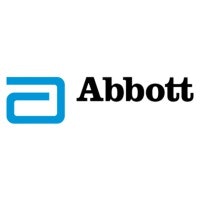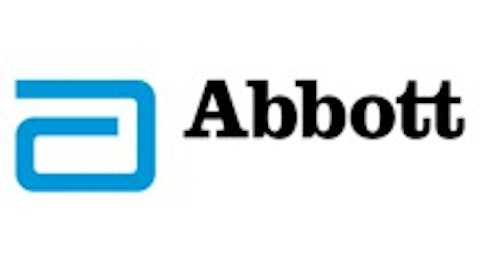A new Supreme Court ruling presents pharmaceutical companies with a tough choice — stop paying generic-drug producers to withhold generic options from the market, or risk getting sued by regulators for antitrust violations.
Let’s take a look at what this development might mean for investors.
Defending “blockbuster” patents
Before the patent expires on a proprietary drug, competitors can introduce their own generic versions if they can either demonstrate that their version doesn’t violate the patent or that the patent itself is invalid.
If successful, the generic-drug companies threaten their competitors’ high profit margins and hold on market share.
How do blockbuster drug producers keep these threats at bay? First, they can try to demonstrate in court that their patent is valid, and that the competing generic violates it. Alternatively, they can offer their rivals “pay-for-delay settlements” or “reverse payments” to drop the patent challenge and postpone introducing the generic versions into the market.
The second strategy has helped several big-name pharmaceutical companies to temporarily keep rival drugs off the market. Here are some examples:
–Solvay Pharmaceuticals, purchased by Abbott Laboratories (NYSE:ABT) in 2011, offered reverse payments to Watson Pharmaceuticals (now part of Actavis Inc (NYSE:ACT) ), Paddock Laboratories (since bought by Perrigo Company (NASDAQ:PRGO)), and Par Pharmaceutical Companies, Inc. (NYSE:PRX) to prevent them from challenging its AndroGel drug patent and delay introducing their own generic versions into the market until 2015.
–Schering-Plough (now part of Merck & Co., Inc. (NYSE:MRK)) offered reverse payments to Upsher Smith and ESI to prevent them from challenging its K-Dur 20 patent and delay introducing their own generic versions into the market.
–Cephalon offered “reverse payments” to four companies to prevent them from challenging its Provigil patent and delay introducing their own generic versions into the market. In total, Cephalon paid Teva Pharmaceutical Industries Ltd (ADR) (NYSE:TEVA), Ranbaxy Pharmaceuticals, Mylan Inc. (NASDAQ:MYL), and Barr Laboratories more than $200 million.
Crumbling patent cliffs
Now that the Supreme Court has ruled that consumer advocates and regulatory agencies can sue drug companies involved in “reverse payments” for potential antitrust regulations, it may be more difficult for drug companies to keep generics off the market. This means their blockbuster drugs may face competition from generics before their patents expire — resulting in a decline in market share and profit margins miles before they hit their patent cliffs.



